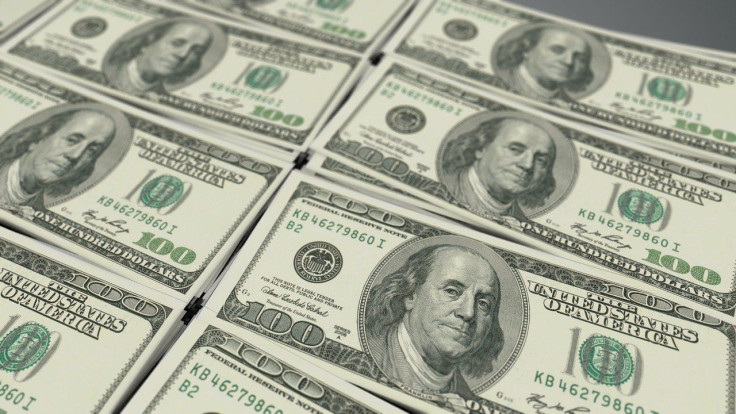Fourth Stimulus Check Update: Economic Support Will Continue Amid Rising Inflation
Americans may not be seeing an additional stimulus check, but the government is still making plans to create some economic aid in the form of stimulus as the economy continues to recover from the COVID-19 Pandemic, meaning that the hopes it would relate to more cash directly in the pockets of consumers won’t fade away anytime soon.
In an address to the House Financial Services Committee on Wednesday for the semiannual Monetary Policy Report, Federal Reserve Chair Jerome Powell revealed that until the economy has fully recovered from the damage it sustained because of the pandemic, efforts to provide economic stimulus will still continue—even as inflation continues to soar.
Powell acknowledged that inflation had spiked higher than expected and would likely remain at an elevated level for a little while, but that the rise had more to do with temporary issues like supply bottlenecks, and would eventually decline.
“[The Fed] will ensure that monetary policy will continue to deliver powerful support to the economy until the recovery is complete,” he said.
However, while the intention is to still provide stimulus to the economy, and Democrats in Congress continue to press forward with passing president Joe Biden’s infrastructure spending plan, money still does not appear to be coming in the form of a fourth stimulus check—or economic impact payment—for Americans.
Many have called for additional payments to be deposited to Americans’ bank accounts, citing the fact that the previous three payments all helped decline hardship for many, with petitions for an automatic stabilizer payment in certain economic situations also continuing to grow. However, despite the calls for another check, one does not appear to be on the horizon, even with the current administration seeming open to suggestions.
It has previously been suggested that the stimulus checks played a role in rising inflation, with Americans spending more because of having the extra money in their pockets, which could also be a part of the hesitance to provide more of the payments. Still, some are set to continue receiving economic aid directly as soon as this week, in the form of Expanded Child Tax Credit payments. Those eligible will start seeing payments of $300/child under 6 and $250/child ages 6-17 deposited monthly from July-December.

© Copyright IBTimes 2025. All rights reserved.





















